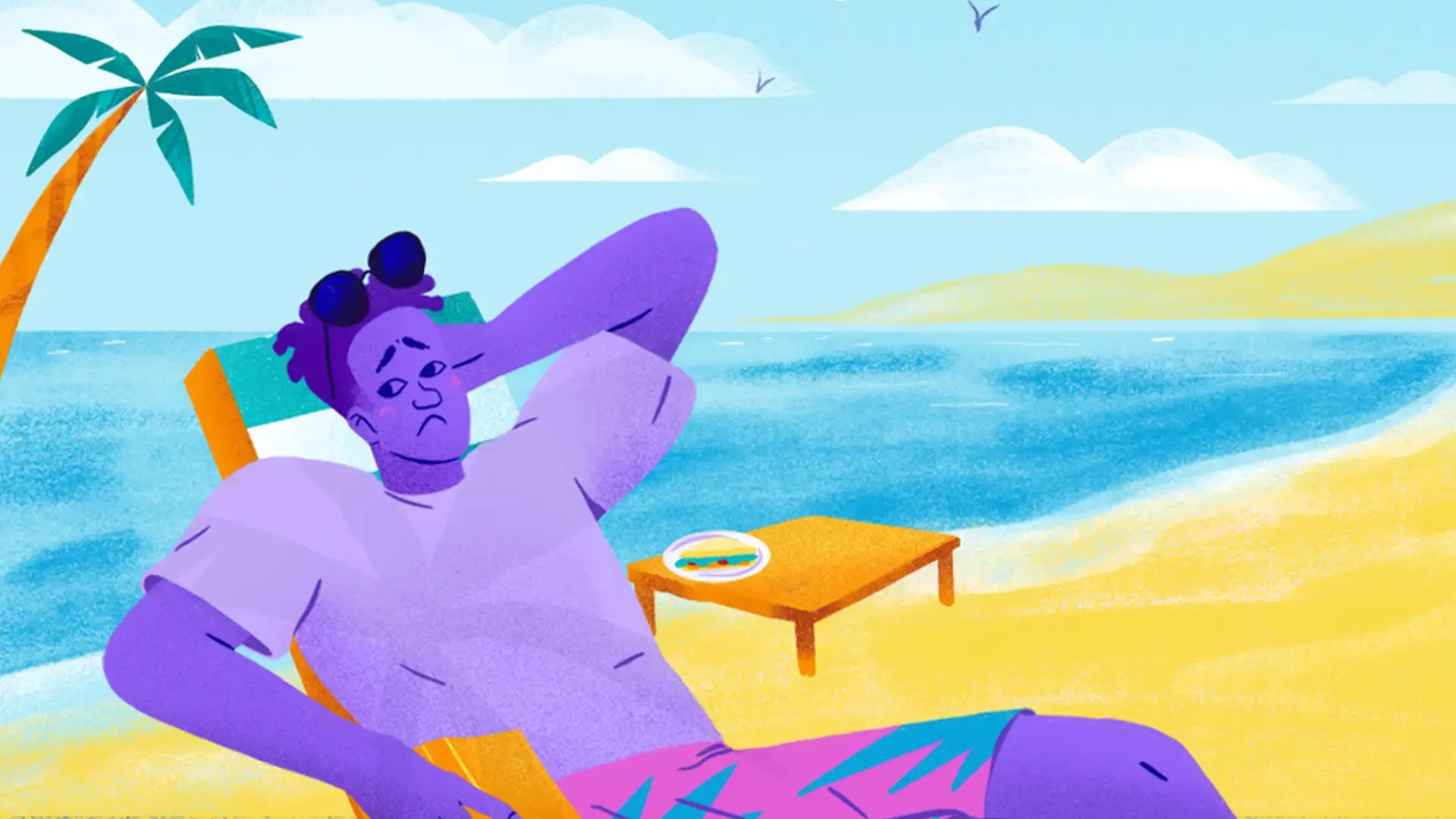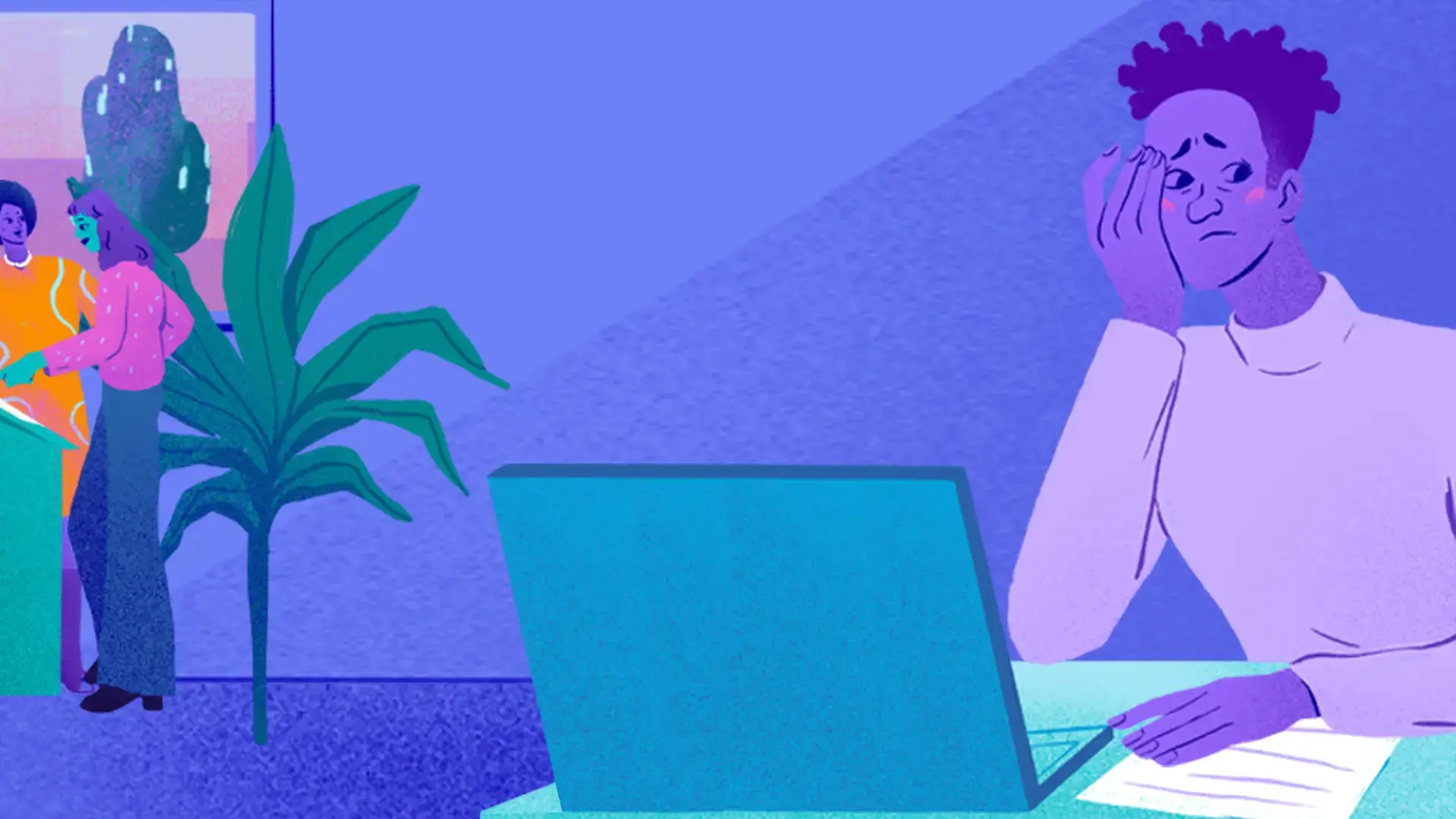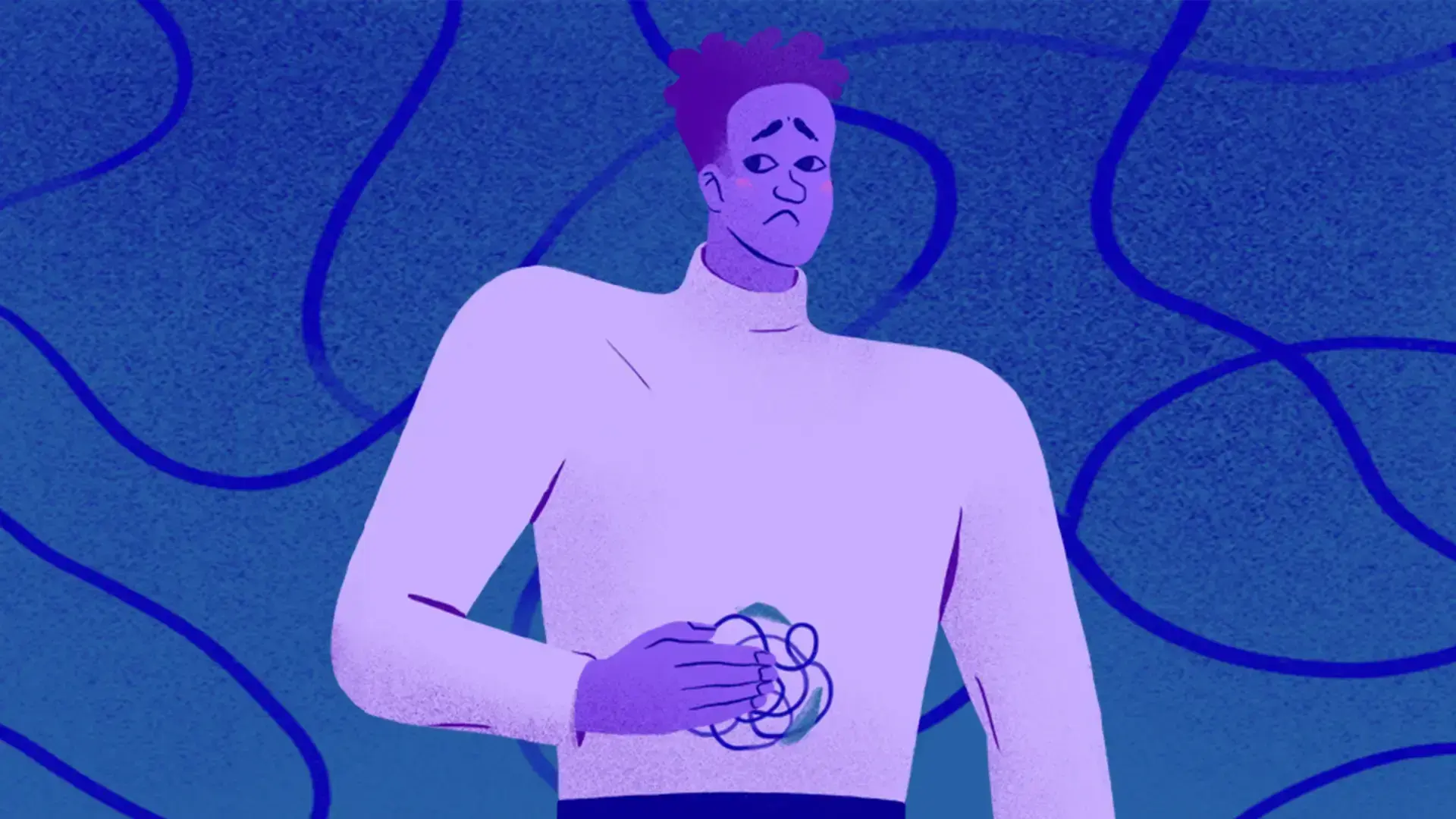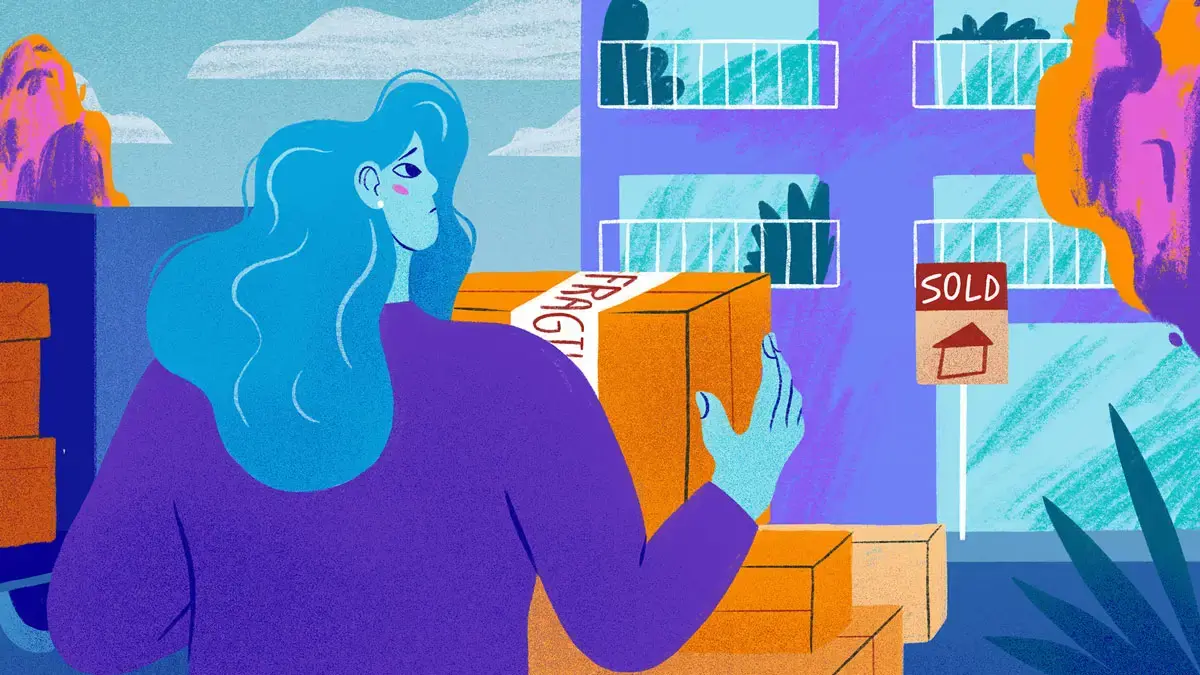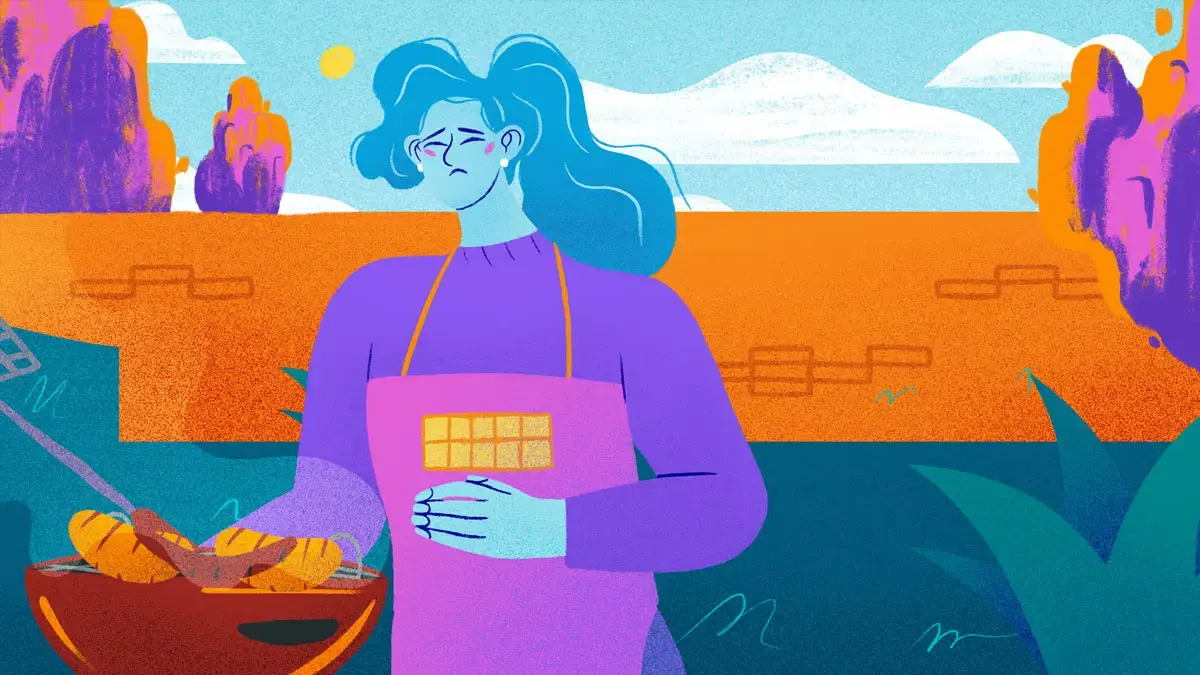What Is Traveler's Diarrhea?
Traveler's diarrhea is typically a type of infectious diarrhea that begins abruptly. It is usually caused by bacteria and is more likely to occur in countries with hot, humid climates across Latin America, Africa, the Middle East, and Asia.
How Do I Know if I Have Traveler’s Diarrhea?
Traveler’s diarrhea, also referred to as Montezuma’s revenge, is caused by consuming contaminated food or water. The most common cause is E. coli bacteria, but other infectious agents such as Salmonella or norovirus are also possible causes1.
Within six to 24 hours of ingesting contaminated food or water, people may become sick or experience digestive distress. Traveler’s diarrhea symptoms include1:
Frequent, loose stools
Excessive gas
Painful bloating or cramping
Nausea or vomiting
Fever
Although traveler’s diarrhea is unpleasant, it usually doesn’t last very long. Symptoms generally clear up within three to five days1.
How To Prevent Traveler’s Diarrhea
Traveler's diarrhea can be avoided by staying away from food or beverages that are likely to be contaminated. Making safe choices regarding where and what to eat is crucial for lowering the risk of diarrhea. Here are some tips for safe eating and drinking during overseas travel:
Drink only bottled water or beverages that include boiled water.
Only eat fruits you have peeled yourself.
Only eat foods that are well cooked and arrive hot.
Don't drink tap water or use ice cubes in high-risk areas (e.g., Latin America, Africa, South Asia).
Don’t drink water from lakes or rivers.
Don't eat uncooked vegetables, including salads.
Avoid eating food from street vendors.
Don't eat undercooked or raw meats, fish, or shellfish.
Don't drink unpasteurized milk or eat other unpasteurized dairy products.
Avoid eating moist foods at room temperature, such as sauces and buffet items.
How To Treat Traveler's Diarrhea
If you do contract diarrhea after traveling, follow these steps to relieve symptoms and help make a quick recovery:
Keep yourself hydrated. Drink plenty of clear fluids to prevent dehydration caused by diarrhea. Remember to drink only bottled beverages, as tap water may be the cause of your symptoms.
Avoid caffeine, alcohol, and dairy products, as these may actually worsen your condition.
Try an over-the-counter medication for traveler’s diarrhea like IMODIUM® A-D or IMODIUM® Multi-Symptom Relief. Please refer to product labeling before use.
If your diarrhea symptoms persist for more than two days or get worse, consult your healthcare professional.
References
Traveler’s Diarrhea. My Cleveland Clinic. Updated July 11, 2016. Accessed December 19, 2021.
